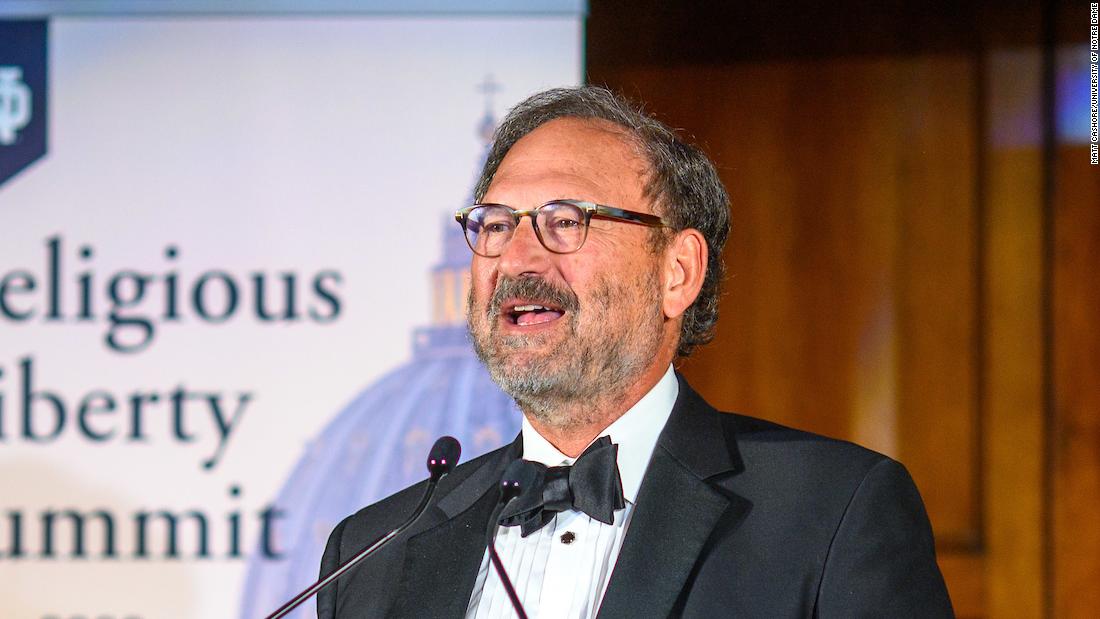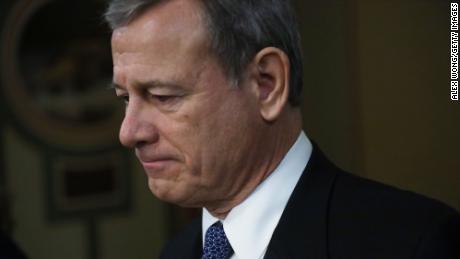
Alito — sporting a new beard — gave the talk that was largely dedicated to protecting religious liberty last week, but it was only publicized on Thursday by Notre Dame Law School.
“Religious liberty is under attack in many places because it is dangerous to those who want to hold complete power,” Alito said. “It also probably grows out of something dark and deep in the human DNA — a tendency to distrust and dislike people who are not like ourselves,” he added.
His speech comes a month after the end of a blockbuster term where the court’s majority not only ended a federal right to abortion, but also ruled in favor of religious conservatives in two cases.
Alito delivered the keynote address for Notre Dame Law School’s Religious Liberty Initiative. The bulk of the speech was dedicated to broadly discussing how religious freedom has been challenged throughout history.
Alito did not discuss the leak of the abortion decision the wrote — Dobbs v. Jackson — last May, and only indirectly referenced the final version that he referred to as an opinion “whose name may not be spoken.”
He did so by expressing his disapproval of foreign leaders who had criticized the opinion.
“I had the honor this term of writing I think the only Supreme Court decision in the history of that institution that has been lambasted by a whole string of foreign leaders,” Alito said, noting they felt “perfectly fine commenting on American law.”
He noted one of the critics was UK Prime Minister Boris Johnson, who has announced his plan to resign in early July, days after the opinion was issued.
“He paid the price,” Alito said to laughter and applause. He also criticized French President Emmanuel Macron and Justin Trudeau, Prime Minister of Canada, for their comments criticizing the opinion.
Returning to religious freedom, Alito said that a challenge is to “convince people that religious liberty is worth defending if they don’t think that religion is a good thing that deserves protection.”
He said that such an effort could entail a focus on how religion promotes “domestic tranquility.”
“It provides a way for religiously diverse people to hold together and to flourish,” he said and noted that the “American experience illustrates that well.”
He also pointed to the enormous charitable work that is done by religious groups and people of faith.
In 2021, the court said that Philadelphia violated the First Amendment when it froze the contract of a Catholic foster agency that refused to work with same-sex couples as potential foster parents because the agency believes that marriage should be between a man and woman. Alito wrote separately to complain that the court hadn’t gone far enough in its opinion and should have made it much more difficult for the government to enforce laws that burden some individuals’ religious beliefs.
“The Court has emitted a wisp of a decision that leaves religious liberty in a confused and vulnerable state, “Alito wrote then.
In the term that just ended, however, the court ruled twice in favor of religious conservatives. In one case it sided with a public high school football coach who sought to pray at the 50-yard-line after games. In another it said that Maine cannot exclude religious schools from tuition assistance programs open to public and private schools.
Alito ended his talk in Rome with a reference to scripture. He said that “the champions of religious liberty, who ‘go out as wise as serpents and as harmless of doves’ can expect to find hearts that are open to their message.”

